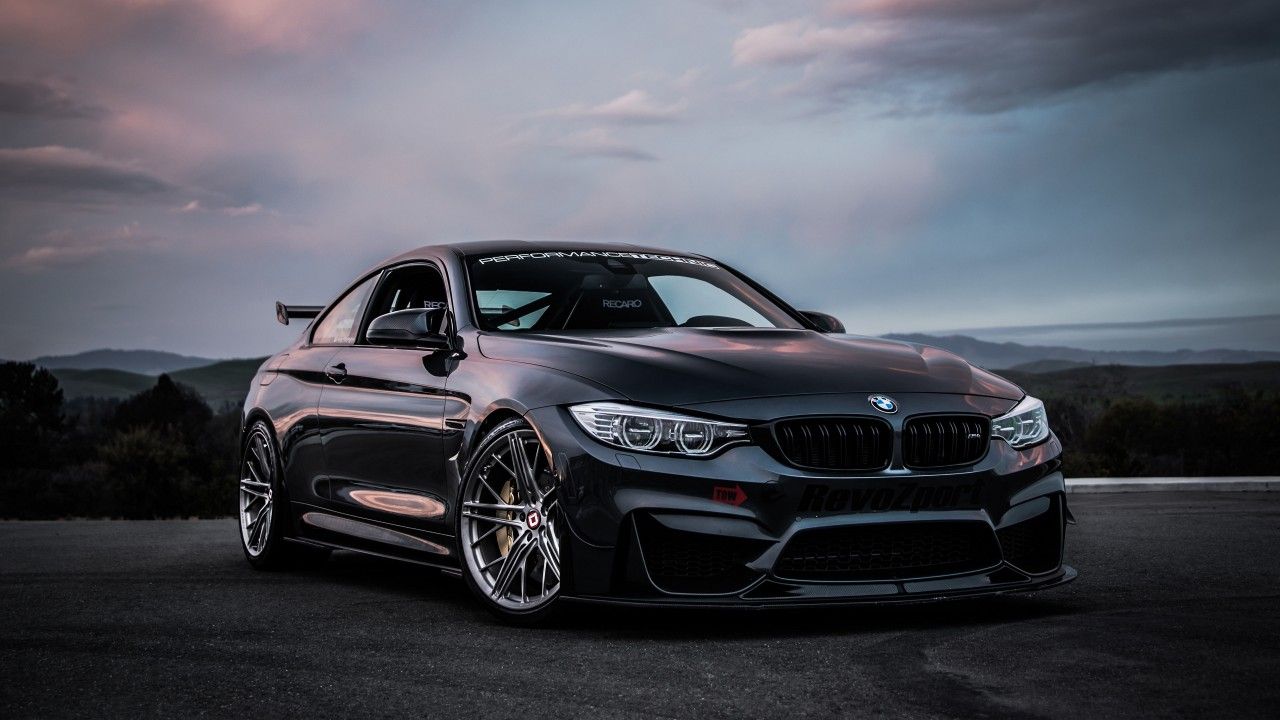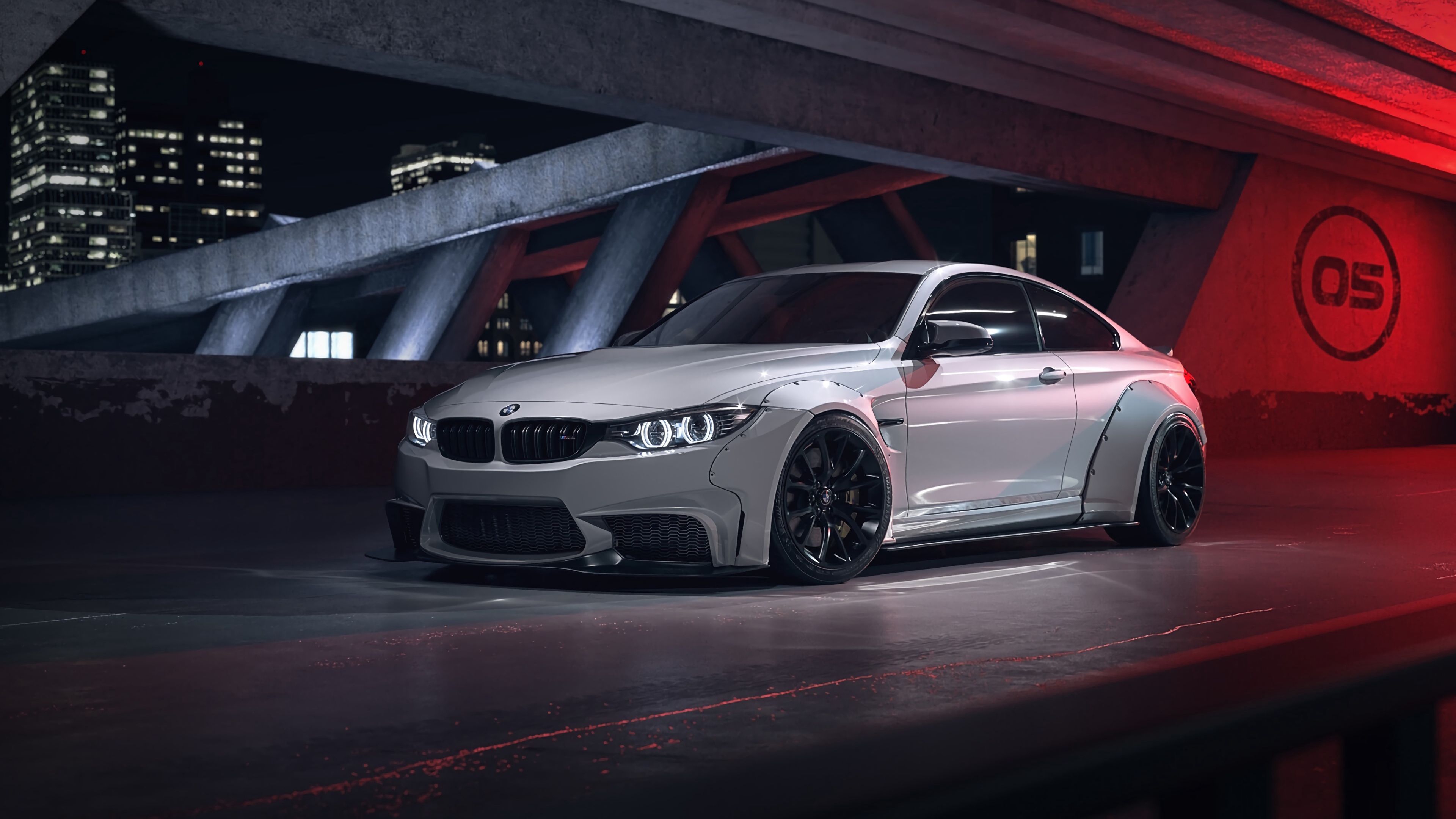BMW WORLD
Bayerische Flugzeugwerke AG was formed in 1916. This company was renamed to Bayerische Motoren Werke (BMW) in 1922. However the name BMW dates back to 1913, when the original company to use the name was founded by Karl Rapp (initially as Rapp Motorenwerke GmbH). BMW's first product was a straight-six aircraft engine called the BMW IIIa, designed in the spring of 1917 by engineer Max Friz. Following the end of World War I, BMW remained in business by producing motorcycle engines, farm equipment, household items and railway brakes. The company produced its first motorcycle, the BMW R 32 in 1923. BMW became an automobile manufacturer in 1928 when it purchased Fahrzeugfabrik Eisenach, which, at the time, built Austin Sevens under licence under the Dixi marque.[4] The first car sold as a BMW was a rebadged Dixi called the BMW 3/15, following BMW's acquisition of the car manufacturer Automobilwerk Eisenach. Throughout the 1930s, BMW expanded its range into sports cars and larger luxury cars. Aircraft engines, motorcycles, and automobiles would be BMW's main products until World War II. During the war, against the wishes of its director Franz Josef Popp,[citation needed] BMW concentrated on aircraft engine production using forced labor consisting primarily of prisoners from concentration camps, with motorcycles as a side line and automobile manufacture ceased altogether. BMW's factories were heavily bombed during the war and its remaining West German facilities were banned from producing motor vehicles or aircraft after the war. Again, the company survived by making pots, pans, and bicycles. In 1948, BMW restarted motorcycle production. BMW resumed car production in Bavaria in 1952 with the BMW 501 luxury saloon. The range of cars was expanded in 1955, through the production of the cheaper Isetta microcar under licence. Slow sales of luxury cars and small profit margins from microcars meant BMW was in serious financial trouble and in 1959 the company was nearly taken over by rival Daimler-Benz. A large investment in BMW by Herbert Quandt and Harald Quandt resulted in the company surviving as a separate entity. The BMW 700 was successful and assisted in the company's recovery. The 1962 introduction of the BMW New Class compact sedans was the beginning of BMW's reputation as a leading manufacturer of sport-oriented cars. Throughout the 1960s, BMW expanded its range by adding coupe and luxury sedan models. The BMW 5 Series mid-size sedan range was introduced in 1972, followed by the BMW 3 Series compact sedans in 1975, the BMW 6 Series luxury coupes in 1976 and the BMW 7 Series large luxury sedans in 1978. The BMW M division released its first road car, a mid-engine supercar, in 1978. This was followed by the BMW M5 in 1984 and the BMW M3 in 1986. Also in 1986, BMW introduced its first V12 engine in the 750i luxury sedan. The company purchased the Rover Group in 1994, however the takeover was not successful and was causing BMW large financial losses. In 2000, BMW sold off most of the Rover brands, retaining only the Mini brand. In 1998, BMW also acquired the rights to the Rolls Royce brand from Vickers Plc. The 1995 BMW Z3 expanded the line-up to include a mass-production two-seat roadster and the 1999 BMW X5 was the company's entry into the SUV market. The first modern mass-produced turbocharged petrol engine was introduced in 2006, (from 1973 to 1975, BMW built 1672 units of a turbocharged M10 engine for the BMW 2002 turbo),[5] with most engines switching over to turbocharging over the 2010s. The first hybrid BMW was the 2010 BMW ActiveHybrid 7, and BMW's first mass-production electric car was the BMW i3 city car, which was released in 2013, (from 1968 to 1972, BMW built two battery-electric BMW 1602 Elektro saloons for the 1972 Olympic Games).[6] After many years of establishing a reputation for sporting rear-wheel drive cars, BMW's first front-wheel drive car was the 2014 BMW 2 Series Active Tourer multi-purpose vehicle (MPV). In January 2021, BMW announced that its sales in 2020 fell by 8.4% due to the impact of the COVID-19 pandemic and the restrictions. However, in the fourth quarter of 2020, BMW witnessed a rise of 3.2% of its customers' demands.[7]
BMW News
DCS offers industry leading solutions to provide EV drivers with seamless access to more than 300,000 charging points in 30 countries. bp will provide DCS customers access to an additional 9,000 charging points across Europe including ultra-fast charging and together with DCS, will develop new integrated offers for fleets - including fuel and charge services. Globally, bp aims to grow its network of public EV charging points by 2030 to over 70,000 worldwide. London/Munich/Stuttgart. bp has become the third shareholder of Digital Charging Solutions GmbH (DCS) following the successful closing of the M and A transaction. bp gained a 33.3% stake as part of a capital increase. BMW Group and Daimler Mobility AG remain shareholders owning a 33.3% stake each.
Accident
A man driving a BMW hit multiple vehicles, injuring at least two persons, in Mumbai on Saturday night. According to the police, the man driving the BMW was in an inebriated condition and was caught after being chased for almost 4 km.We caught him after chasing for four km. He's a driver, the owner left for Dubai yesterday. Two people who got injured have been taken to hospital. Action will be taken,” said a police official


